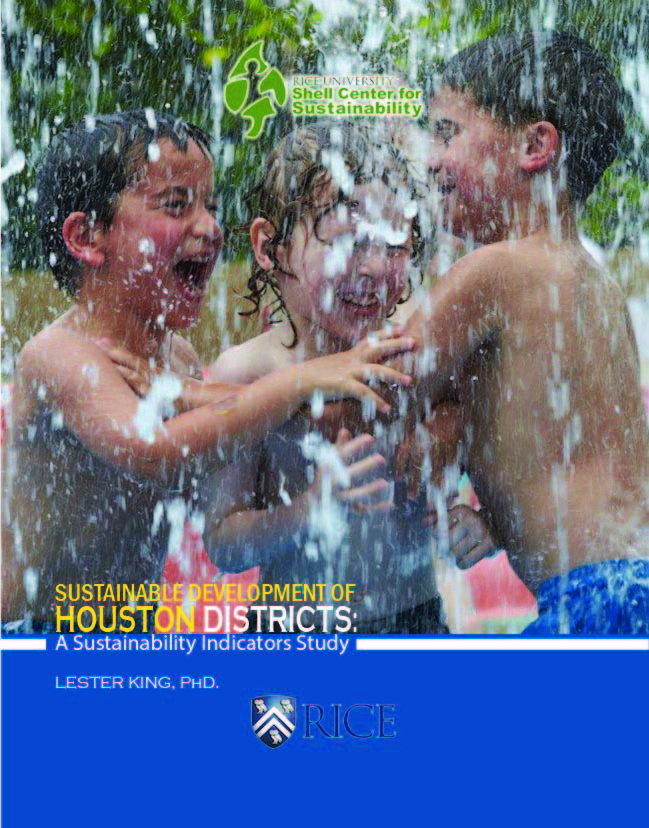City
Houston
Main actors
Research Institutes / Universities
Project area
Whole City/Administrative Region
Duration
Ongoing since 2011
Sustainability Performance tracking and analytics for Cities without comprehensive plans.
The Houston Sustainability Indicators Project (HSI) has developed a comprehensive community level indicators visualization platform for the City of Houston. HSI currently consists of 25 indicators that cover social, economic, and environmental aspects of local neighborhoods and communities. The indicators include such measures as citywide population forecasts, the locations of food deserts across the city, income inequality, affordability, economic performance, transportation measures, air quality, water use and flooding vulnerability. The indicators are designed to assist decision makers in the City of Houston, community leaders, and the public to become more aware of and take steps to enhance sustainability and resiliency in the city.
HSI most recent report, “Sustainable Communities and Public Education,” can be found here:
http://www.houstoncommunitysustainability.org/publications.html
External links / documents
On Map
The Map will be displayed after accepting cookie policy


